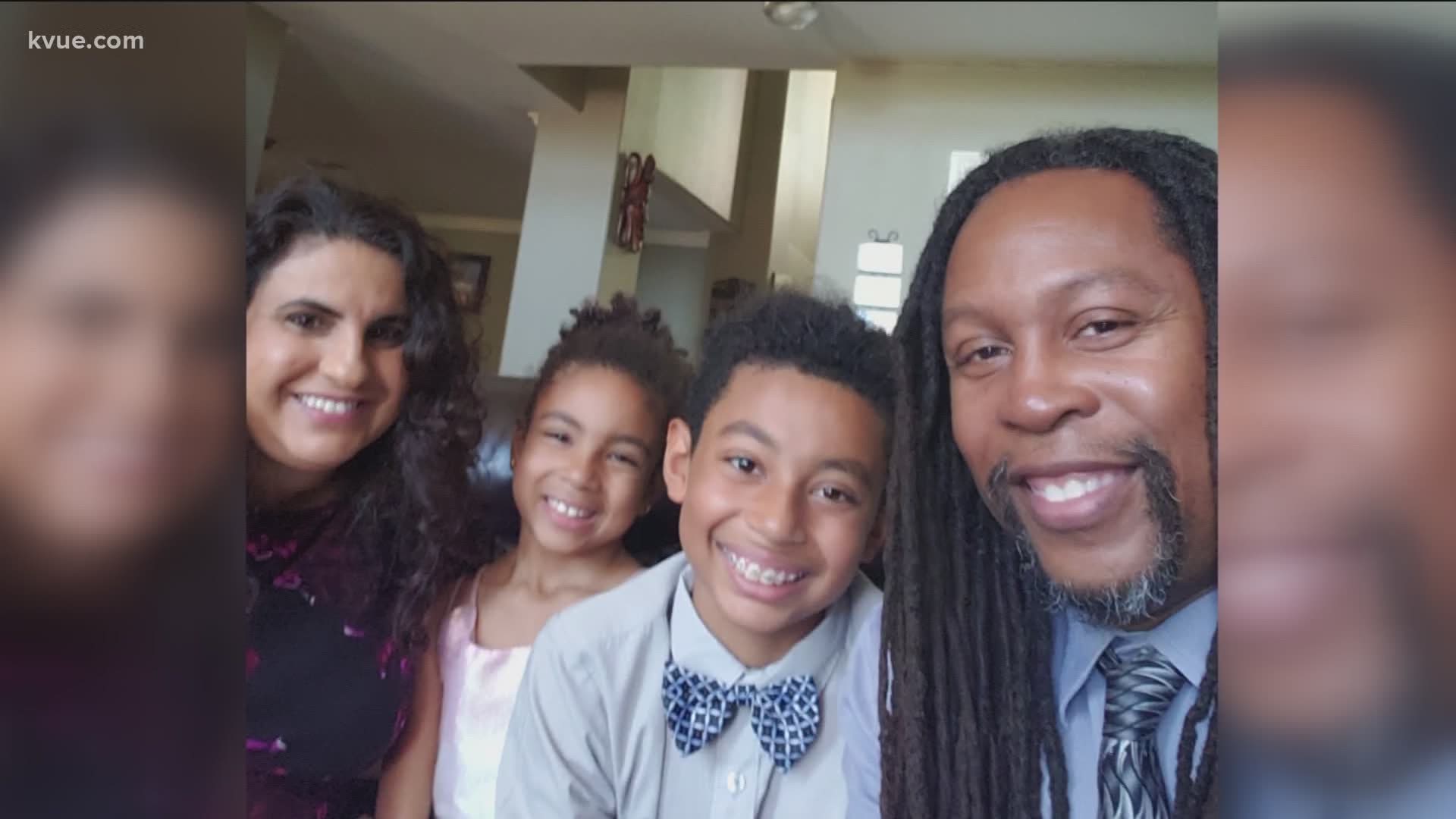AUSTIN, Texas — When it comes to talking with children about racism, Dr. Roshni Koli, a child psychiatrist at Dell Children's, said “The worst thing we can do as parents is to avoid it, because this is our community right now and our community is hurting.”
The first thing all parents should know is that talking about racism is an important conversation that needs to happen.
“We as parents have the opportunity to make a positive change with our kids,” said Koli.
University of Texas Professors and parents Dr. Kevin Cokley and Dr. Germine Awad agree, and add there is a difference in tackling the subject when talking to white children and children of color.
“It means having, you know, the difficult talk about the reality that when you leave the doors of this home, that you're going to be seen and viewed and treated differently because of the color of your skin,” said Cokley. “Unfortunately, there are some people out there who, you know, have negative feelings about people of a different skin color. And, you know, we just try to help our kids understand that while that exists, that, you know, they are just as good as anyone else and helped them to sort of not internalize those feelings.”
Dr. Awad said it’s important not to completely avoid talking about race.
“I think for white families, the issue is really even talking about race at all," said Dr. Awad. "So we have such a widespread, colorblind, racial attitude that many parents believe is the right way to sort of message these kind of issues to their kids when, in fact, it just ignores the issue ... and basically the children learn that it's not OK to ever talk about race.”
RELATED:
Parents should keep in mind that the depth of the conversation depends on your child’s age. Dr. Koli encourages parents to start by checking in with your child to see what they understand. If you have a younger child, the Sesame Street Town Hall about racism might be a good place to start.
Books are a good way to start the conversation for young children also. Dr. Cokley recommends a book by Bedford Palmer titled, "Daddy Why Am I Brown? A healthy conversation about skin color and family."
Remember to point out people are coming together to push for change.
“We know that people are protesting in our community. What is a protest? What does it mean to hold up a sign? How do you stand up for what you believe in? Start to look at ways that we can empower kids to make a difference, and also recognize that they’re going to look at our example,” said Dr. Koli.
The first step is having the conversation, even if it’s not easy.
“Especially for white parents, it’s OK to be uncomfortable. This is an uncomfortable topic, but you have to fight through it because racism is more uncomfortable,” said Dr. Awad.
After your conversation, pay attention to how your kids are responding, check in with their feelings and continue the conversation.
Here are some resources that might help:
- Are Your Kids Too Young To Talk About Race? The Conscious Kid
- 31 Children's books to support conversations on race, racism and resistance, EmbraceRace.org
- These Books Can Help You Explain Racism and Protest to Your Kids, New York Times
- The Conscious Kid: Website | Twitter | Instagram | Facebook
- How to Talk to Kids about Race and Racism, Parent Toolkit
- Something Happened in Our Town A Childs Story about Racial Injustice.
- Here's a video of Something Happened in Our Town.
PEOPLE ARE ALSO READING:

